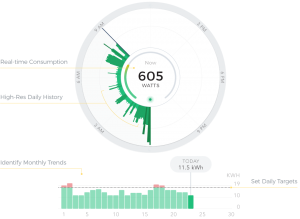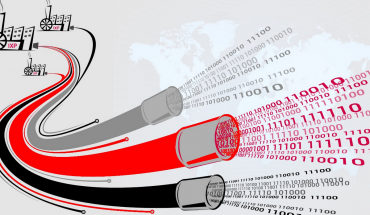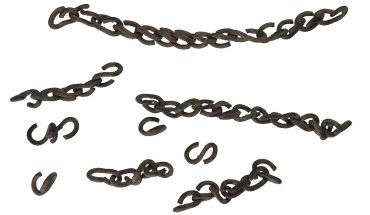Smart home technology options let users manage their home energy usage and keep tabs on other smart home devices with Web and mobile applications.
For the homeowner, it’s about keeping the hydro bill down, and having convenient remote control over smart home appliances like thermostats, power outlets, light switches and the like.
For the utility company, smart home apps can help build and solidify customer relationships by offering the additional convenience, support and control.
Utilities (like our provincial hydro companies) can also gain key business intelligence insights as they now have access to a user’s real-time energy usage profile and associated behavioural data, and the power providers can assess and anticipate peak energy demand for better management and overall operation of the grid.
And, as smart home technology continues to integrate itself into our homes and workplaces, new revenue streams also open up for the smart utility company.
In British Columbia, for example, BC Hydro recently unveiled a consumer pilot and roll-out of the Powerley energy management platform to households equipped with smart meters on an advanced metering infrastructure (AMI).
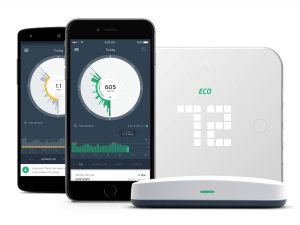
BC Hydro recently unveiled a consumer pilot and roll-out of the Powerley energy management platform to households equipped with smart meters on an advanced metering infrastructure (AMI).
A Crown corporation, BC Hydro serves some 2 million customers across the province, proving electrical generation and related services.
Once a homeowner’s smart meter is connected to Powerley’s Wi-Fi-enabled Energy Bridge, the platform’s companion smartphone mobile app can provide real-time energy consumption information for the whole home and every connected appliance and device operating in it. Remote control over the home HVAC system is enabled through the Powerley thermostat.
The platform uses a standard wireless communications protocol called ZigBee for monitoring energy usage, and it is compatible with any device that uses ZigBee, Z-Wave, Wi-Fi, Bluetooth or Thread protocols. Utilities can then develop a branded app that lets consumers manage both their energy and their smart home devices with a smartphone, a wearable device or voice responsive gadgets running Amazon Alexa.
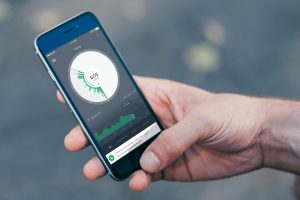
The Powerley platform’s companion smartphone mobile app can provide real-time energy consumption information for the whole home and every connected appliance and device operating in it.
“We are accelerating innovation and engaging our customers in a new relationship with energy,” Tim Mosley, senior program manager, BC Hydro, said in an announcement introducing the new program partnership. “Through our work with Powerley, BC Hydro is elevating customer engagement, driving energy efficiencies and creating a completely new connected home experience.”
For sure, being able to remotely connect to and control different smart home devices (like Amazon Echo, ecobee3, Schlage Door Locks and many more) can be helpful and handy, but it does mean there is a constant data connection to the home’s smart meter, and that can cause some concerns.
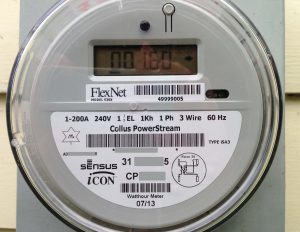
BCUC and Health Canada are among those organizations that have rejected concerns that radiation emitted by smart meters poses a health hazard.
The provincial Office of the Information and Privacy Commissioner, for example, had to monitor the personal information collection activities associated with an earlier B.C. smart meter program. The OIPC reported that BC Hydro was not notifying its customers about the purposes of its information collection, and that it was therefore not in compliance with FIPPA (Canada’s Freedom of Information and Protection of Privacy Act). The report included several recommendations to help BC Hydro comply with the requirements, and the agency committed to address the issues.
(As early as 2008, BC Hydro had launched a smart meter system program designed to increase efficient use of energy, and to reduce – if not eliminate completely – a scourge of power thefts in the province, many attributed to illegal marijuana grow ops. The agency has been supporting the online tracking of electricity use through its MyHydro product, using a real-time home electricity monitor manufactured and sold by Rainforest Automation, a B.C.-based company.)
There have been disputes over the accuracy of wireless energy meters, but any smart meter that was tested was said to be accurate. BCUC and Health Canada have also rejected concerns that radiation emitted by smart meters poses a health hazard. Some organizations reject that finding, and it was reported that thousands of BC Hydro customers refused the wireless option and pay extra for manual meter readings.
So with BC Hydro now on board, Powerley is now available to over five million households in Canada and the U.S. The Powerley platform monitors energy usage and updates itself every three seconds, and the company says the on-screen visualization of energy use can trigger behaviour changes and therefore energy savings, said to be seven to ten times that of other approaches.
Again, companies using the platform have a new way to build customer relationships, and Powerley says there’s an average of 427 “engagement events” each month per household, including usage stats, automatic or pre-programmed appliance control, energy management tips from the on-board energy coach, as well as customer contests and rewards, gamification activities and more.
The smart home owner will benefit from technologies that enable them to control, manage and reduce energy related expenses. Smart tech enabled utilities and power providers will benefit through access to a smart home market expected to surpass $171 billion (USD) by 2023.
-30-

